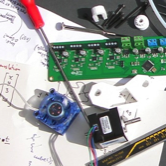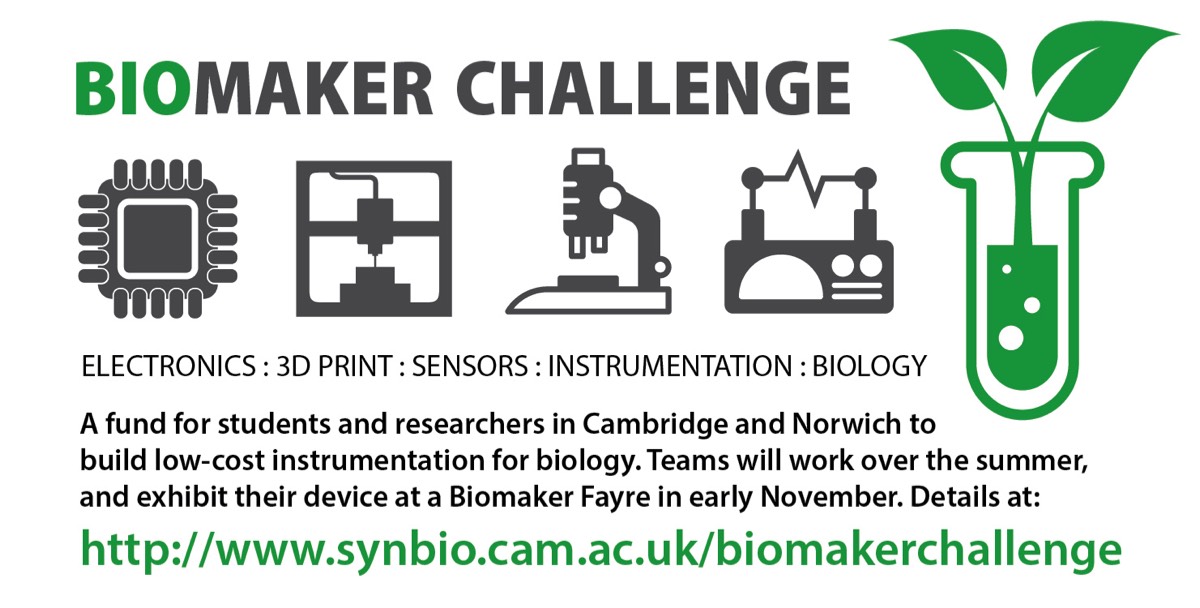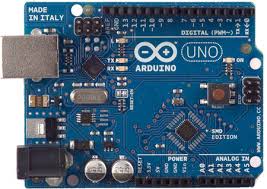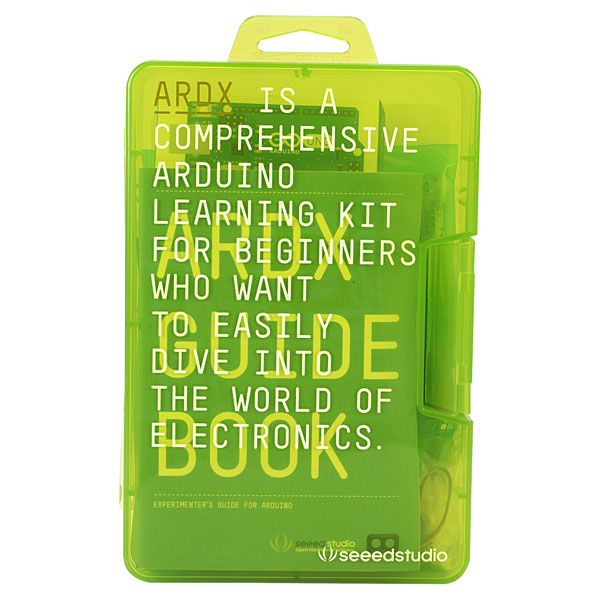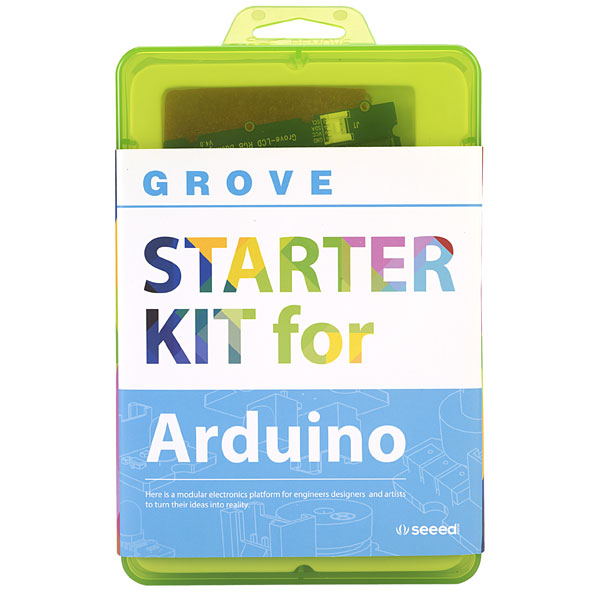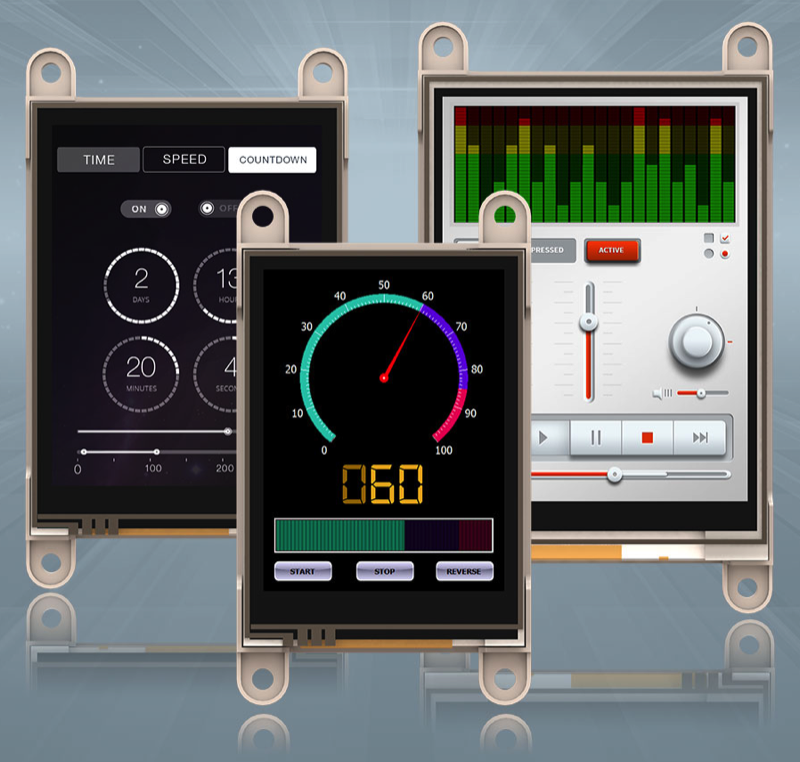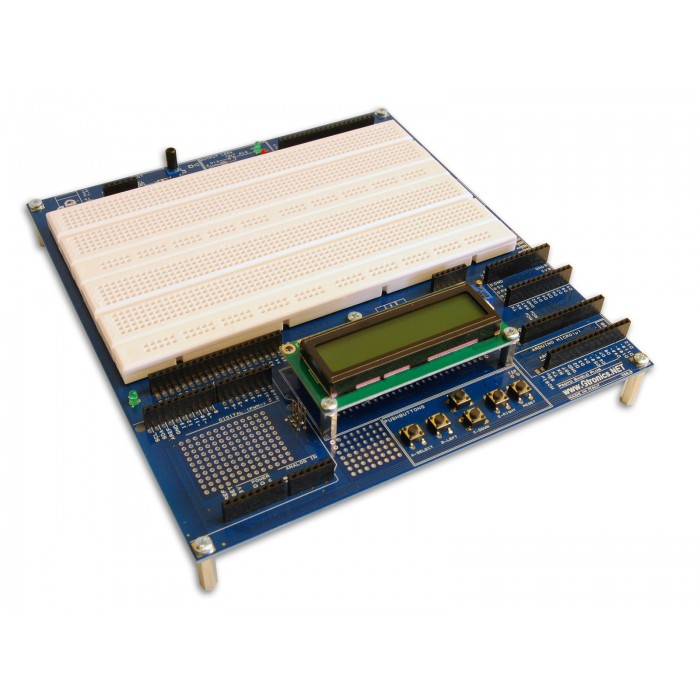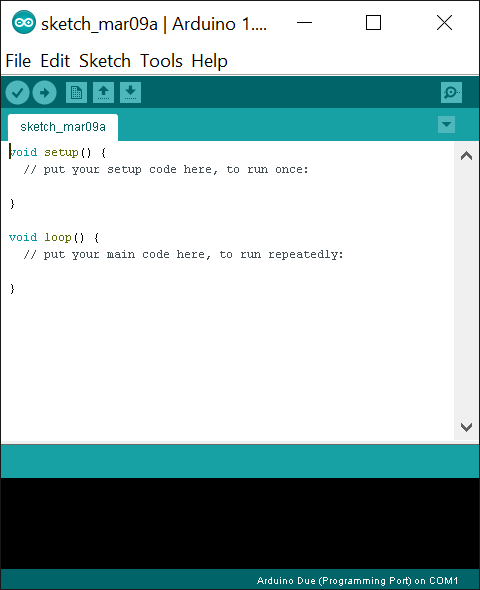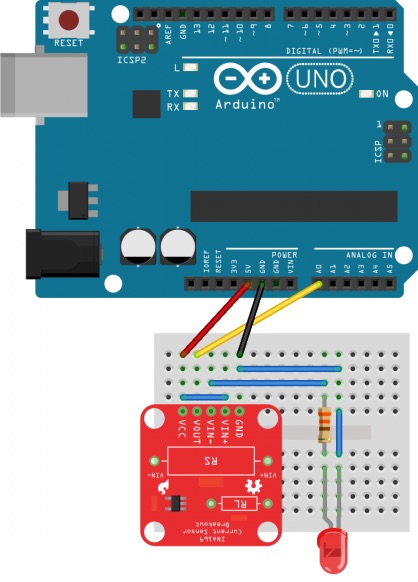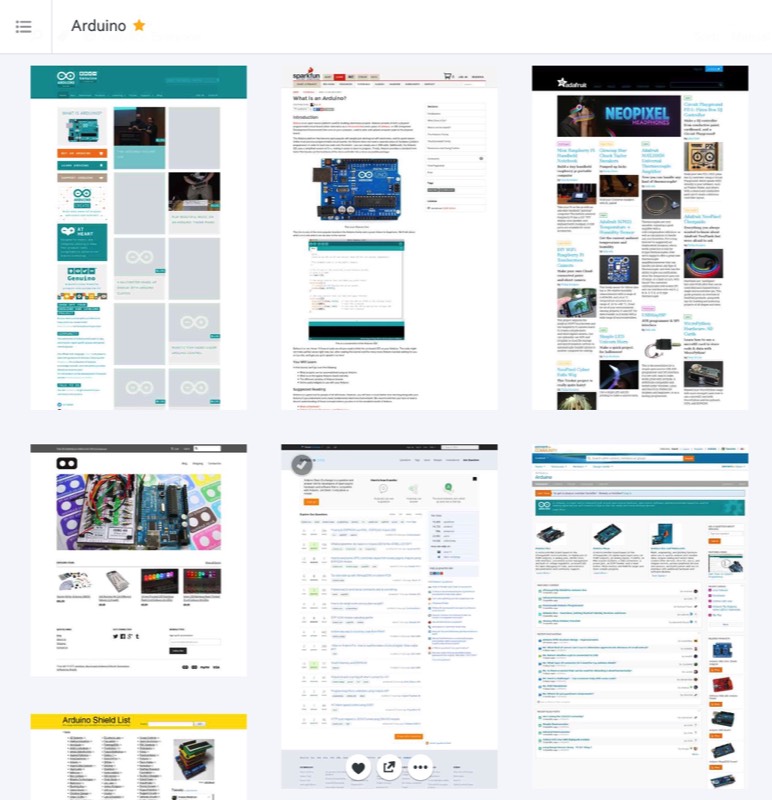Participants will receive a Biomaker Toolkit and a discretionary budget for additional sensors, components, consumables and 3D-printing worth up to £1000. Application deadlines: 23 June and NEW second round of applications due on July 21st, 2017. Apply online at http://www.synbio.cam.ac.uk/biomakerchallenge
Biomaker Starter Kit 2017
All teams will be provided with the following Starter Kit:
Arduino Platform for Physical Computing
Arduino is an open-source electronics platform based on easy-to-use hardware and software. It's intended for anyone making interactive projects. Arduino senses the environment by receiving inputs from many sensors, and affects its surroundings by controlling lights, motors, and other actuators. You can tell your Arduino what to do by writing code in the Arduino programming language and using the Arduino development environment.
A series of free video tutorials for Arduino programming can be found here.
A series of free video tutorials for Arduino programming can be found here.
ARDX Prototyping Kit
The ARDX Starter Kit for Arduino is a great learning resource with components to build 13 different projects. The kit provides a manual with instructions arranged as a series of lessons. These provide a simple way of learning how to wire electronic circuits and programming the Arduino microcontroller. For example, the kit comes complete with a set of paper circuit templates that you lay over the breadboard and push the components through - to remove the worry of wiring the project incorrectly. No experience necessary! The ARDX manual can be downloaded from here.
Further technical information about the kit can be found here.
Further technical information about the kit can be found here.
Grove is a modular electronics platform for Arduino-based quick prototyping that does not involve soldering or bread boards. Simply plug the Grove modules into the Grove shield and leverage the example code provided for each Grove module. Grove is a modular, ready-to-use tool set. Much like Lego, it takes a building block approach to assembling electronics. The Grove Starter Kit contains 10 of their most popular Grove modules and an Arduino shield with Grove connectors. Technical information, including code, can be found here.
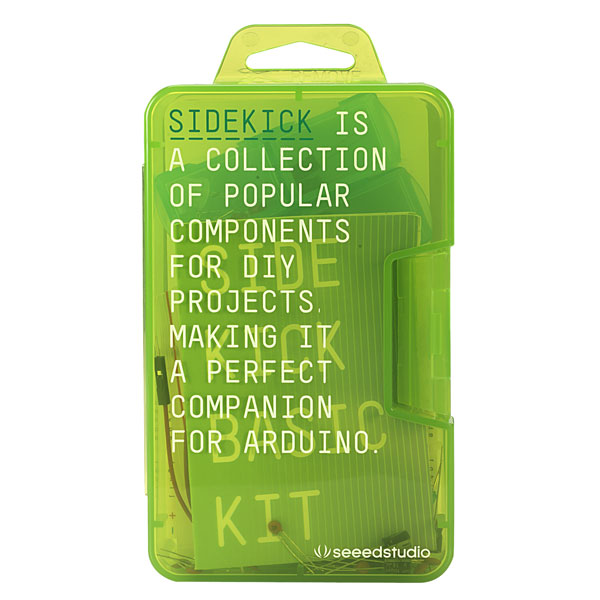
Sidekick Basic Component Starter Kit
The SideKick Basic Component Starter Kit for Arduino contains basic components to build 7 different projects, and include an additional small circuit breadboard and more hook-up wire. The projects range from blinking an LED through to controlling the position of a servo motor. The kit is provided by SeeedStudios, and technical information can be found here.
4D Systems Display Programmable Touchscreen
The Biomaker Starter Kit contains a 3.2" gen4 touch-responsive programmable display from 4D Systems (with memory card, Arduino interface and programmer), with information about programming environments. An Arduino library for direct serial communication with the display is available - along with more sophisticated Workshop4 development tools, including ViSi-Genie, a graphical programming tool that allows simple access to a wide range of display widgets like gauges, switches, sliders, readouts, etc., for customised interfaces for Arduino-based instruments. The programmable displays can be easily adapted for Raspberry Pi micro board computers. Product page for 3.2" gen4 touch-responsive programmable display can be found here.
Gtronics Proto Shield Plus Giant Prototyping Board for Arduino
A circuit board is provided that allows you to plug in many types of Arduino board, and to integrate these with custom shields and components on a large plug board - minimising tangled hook-up wires. On-board pusbuttons and a LCD are provided to facilitate debugging of program flow and to interrogate hardware during testing. A comprehensive manual for the board can be found on the Gtronics website.
The Challenge
All teams will be provided with the Starter Kit components, which have a value of around £250. Teams will have access to additional funding support of up to £750 over the summer. This can take the form of:
(i) components and materials that will be described in the project proposal, and will be procured for the teams through the University purchasing system.
(ii) In addition, the allocated funds can be accessed throughout to summer by submitting a request for purchase of components or materials to the Biomaker Challenge coordinator. There will be an opportunity to place new orders once per week through from July through to September
(iii) We have organised access to a 3D printing service for teams over the summer. The Media Studio on the Cambridge Biomedical Campus can provide an economically priced 3D printing service that can be accessed by teams. They offer both fused deposition modelling (FDM) and stereolithography (SLA) printing services. Printing costs will be charged to team allowances. A Media Studio factsheet can be downloaded here.
Teams will be expected to document their projects on Github. Repositories should be located at https://github.com/BioMakers. Jenny Molloy or Jim Haseloff can help if there are problems setting up the project documentation.
In addition, University of Cambridge workers (with a cam.ac.uk email address) can join the Programmable Biology Workplace at https://cambridgeuniversity.facebook.com/groups/1704062403225306/, which is an online forum for exchange.
We are organising a Biomaker Fayre as part of an Open Technology exhibition that will be held on Saturday October 21st, 2017 - in the Engineering Department, University of Cambridge. All teams will be expected to demonstrate their creations at this public event. Prizes will be awarded for especially creative and/or enabling projects.
Additional Resources
A collection of inspiring projects and useful resources for DIY instrumentation - a graphical wall of web links.
Dropmark index of web sites that provide information or are suppliers of Arduino hardware and software.
OpenLabTools project
